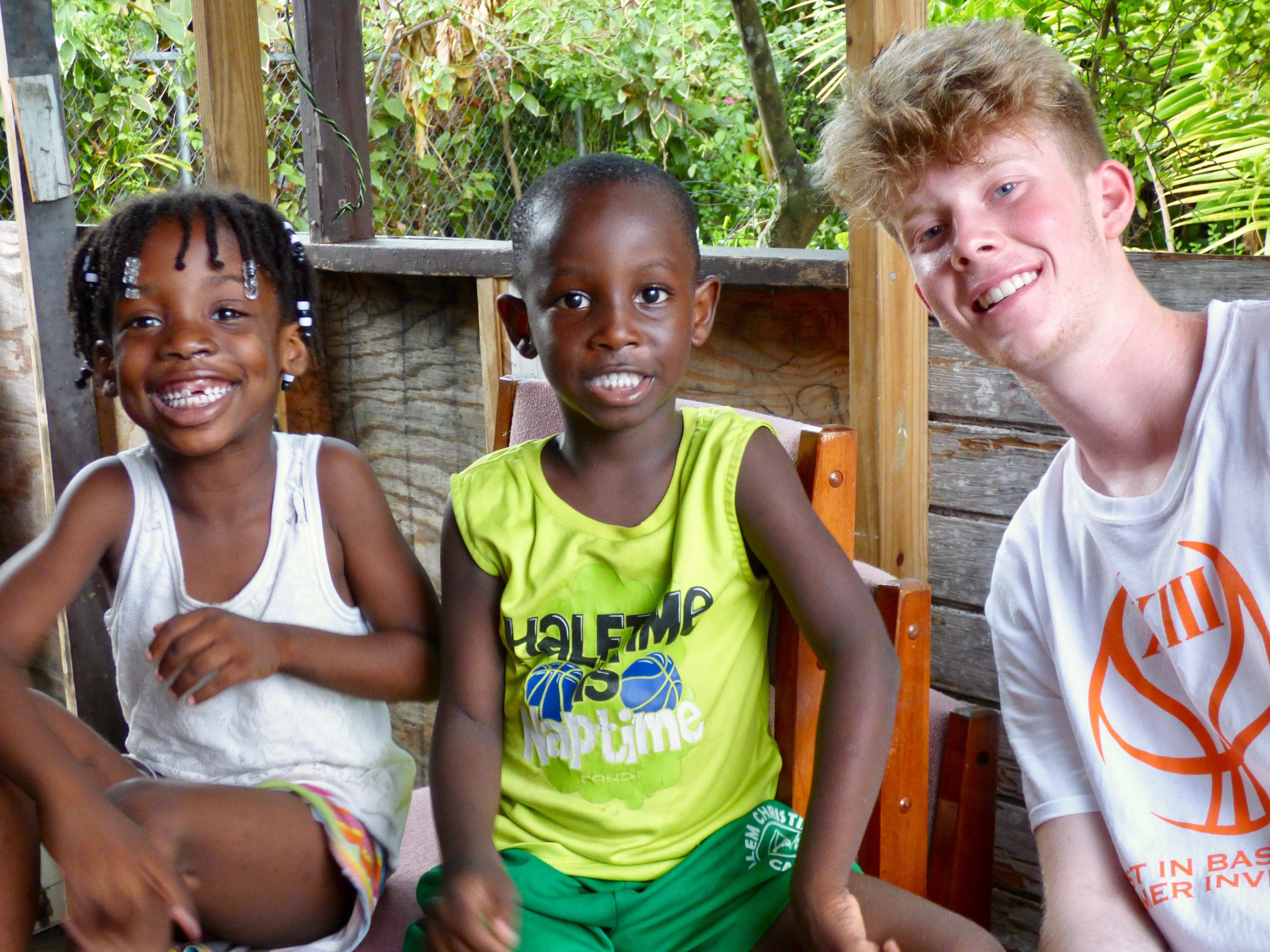I've responded to mass shootings before on this BLOG. Usually immediately. Sometimes in a special post, not scheduled in our normal order. I've taken the platform of my role to quote scripture, reassure, gently press a point (perhaps more lightly than my conscience desired). But these moments come too often. And similar words, differently nuanced each time, feel a bit hollow—even if on the way to truth.
So this time . . . after Gilroy Garlic Festival, then El Paso, then Dayton, then news of 46 shot in Chicago the same weekend (seven dead and two shooting that meet the routine definition of "mass shootings"). I've waited, without managing my role with words.
Instead, I took the lead of a friend in Philadelphia and read Toni Morrison's 1993 speech, when receiving the Nobel Prize for Literature. Ms. Morrison died the same weekend all this unfolded. In that speech she speaks of language and its looting. She brings to mind words from the French thinker Simone Weil, from the 1930s, in her own essay, "The Power of Words." I've quoted her before in this web log. I want to include her again, in conversation with Toni Morrison. I can't help but believe they were prescient, naming some of what fuels hatred today. Words matter. Our task, in part, is to restore them.
If you care to, I invite you to find my post from October 23, 2018, called "The Power of Words" (in honor of Simone Weil) for more of my thoughts.
For here, I'll let the words of these two prophets go without commentary:
Toni Morrison, from Nobel Lecture, December 7, 1993.
https://www.nobelprize.org/prizes/literature/1993/morrison/lecture/
. . . The systematic looting of language can be recognized by the tendency of its users to forgo its nuanced, complex, mid-wifery properties for menace and subjugation. Oppressive language does more than represent violence; it is violence; does more than represent the limits of knowledge; it limits knowledge. Whether it is obscuring state language or the faux-language of mindless media; whether it is the proud but calcified language of the academy or the commodity driven language of science; whether it is the malign language of law-without-ethics, or language designed for the estrangement of minorities, hiding its racist plunder in its literary cheek – it must be rejected, altered and exposed. . . .
Simone Weil, from "The Power of Words," in Simone Weil, An Anthology, ed. Sian Miles (New York: Weidenfeild and Nicolson, 1986): 222, 223.
. . . In every sphere, we seem to have lost the very elements of intelligence: the ideas of limit, measure, degree, proportion, relation, comparison, contingency, interdependence, interrelation of means and ends. . . . Our lives are lived, in actual fact, among changing, varying realities, subject to the casual play of external necessities, and modifying themselves according to specific conditions within specific limits; and yet we act and strive and sacrifice ourselves and others by reference to fixed and isolated abstractions which cannot possibly be related either to one another or to any concrete facts. In this so-called age of technicians, the only battles we know how to fight are battles against windmills.















